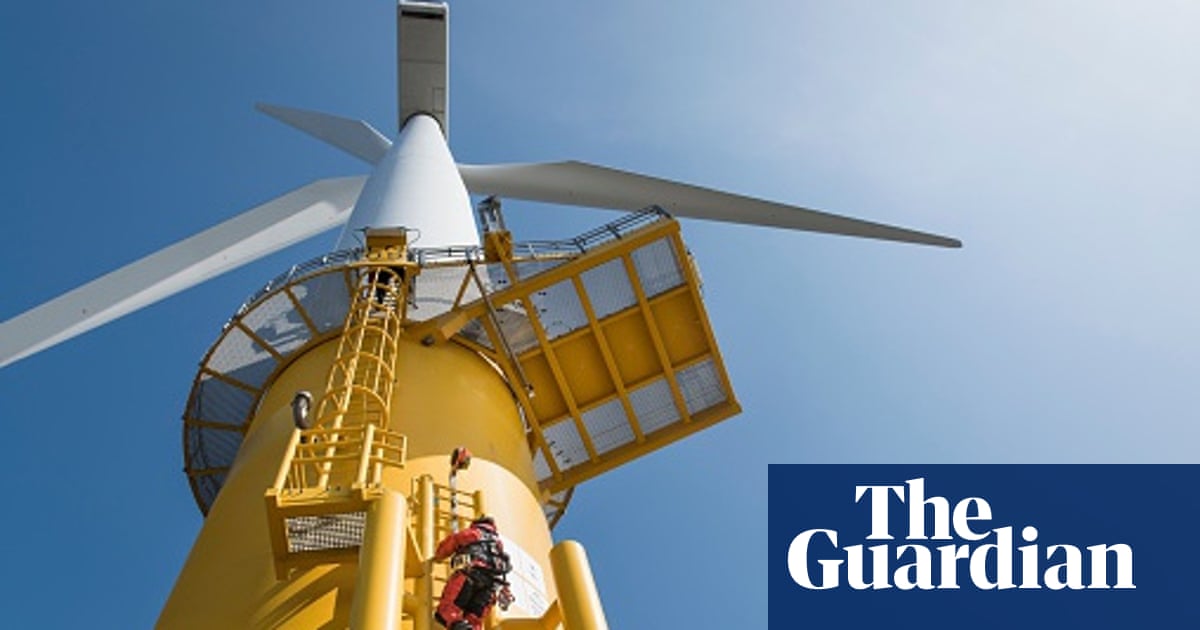
Tokyo vows to balance budget by fiscal year 2025/26
TOKYO: Japan pushed back projections on Wednesday for bringing its budget into surplus, in a sign Prime Minister Shinzo Abe’s government is struggling to rein in massive public debt as the economy comes under increasing pressure.
The government pushed back its forecast of achieving a surplus by one year to 2027, citing a downward revision to its outlook for gross domestic product (GDP) growth, inflation and tax revenue since projections in January.
In its twice-yearly fiscal and economic projections, the government expected the primary budget, excluding new bond sales and debt servicing, to swing to a surplus of 0.2 percent of GDP in 2027.
In its January estimate, the government expected the primary budget balance to swing to a 0.1 percent surplus of gross domestic product in fiscal 2026.
Japan’s debt burden is the industrial world’s heaviest, at more than twice the size of its $5 trillion economy. Abe has put greater importance on growth to safeguard the fragile economy than fiscal reform.
Domestic demand has helped offset weaker exports this year, but a planned sales tax hike in October to 10 percent from 8 percent could curb consumer spending.
Abe voiced his readiness to boost fiscal spending if the tax increase hurts consumption.
“As we aim to achieve our fiscal reform target, we’ll do the utmost to steer economic and fiscal policy appropriately and flexibly,” Abe told government’s top economic council.
“We will respond as appropriate while watching to see any swings in demand after the tax hike, and the most up-to-date economic situation.”
Weak external demand forced the government to lower economic growth forecasts from the January estimate. It now expects real and nominal GDP growth at 2 percent and above 3 percent, respectively, from fiscal 2023, which many private-sector economists see as rosy.
On Monday, the government cut its fiscal 2019 real GDP growth forecast to 0.9 percent from 1.3 percent. In Wednesday’s report, inflation was not forecast to reach 2 percent until 2024, a further setback for the government and the central bank’s aim of meeting the inflation target.
Based on the government’s more conservative :baseline scenario” in which real GDP growth is estimated to hover around 1 percent in the coming years, the primary budget was seen as being in the red through the forecast period to 2028.
A primary budget surplus was originally targeted for 2020, but it has repeatedly been pushed back due to a bulging cost of welfare to support the aging population and fiscal stimulus to pull Japan out of two decades of deflation and stagnation.
The government has now pledged to balance a primary budget by the fiscal year end to March 2026.
This fiscal year’s budget spending reached a record 101.5 trillion yen ($935.05 billion) including 2 trillion yen in steps to ease a pain from a planned sales tax.
Next fiscal year’s budget is also expected to exceed 100 trillion yen for a second straight year, highlighting the difficulty in curbing fiscal spending. It features 4.4 trillion yen in spending for measures to promote Abe’s growth strategy











